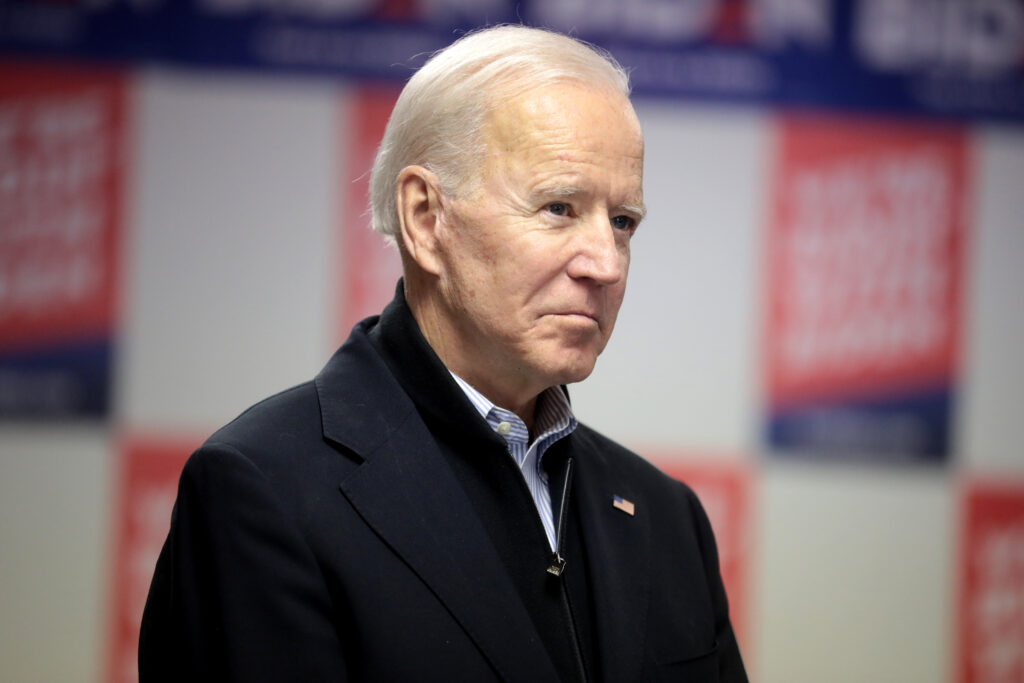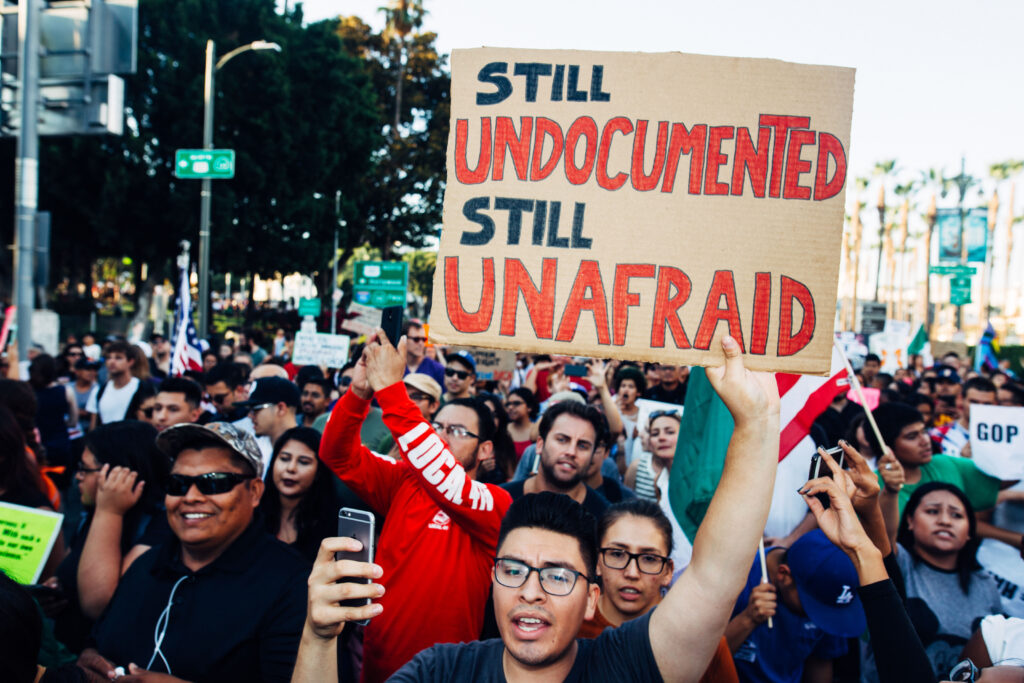The Bush administration is about to announce a major shift in policy regarding vaccinating the general population against smallpox in case of a terrorist attack. The new policy could make the vaccine available to every American, not only health workers, in advance of a terrorist attack.
Smallpox, along with anthrax, plague, and botulism, is a deadly virus experts believe could be used as a weapon of mass destruction by terrorists. The last case of smallpox in the U.S. was diagnosed in 1971, and routine smallpox vaccination stopped in the U.S. in 1972. Smallpox is estimated to be fatal to one-third of unvaccinated individuals exposed to the virus. (See “Smallpox Facts,” page 5.)
An Evolving Policy
Shortly after the terrorist attacks of September 11, 2001, government sources reported only 15.4 million doses of smallpox vaccine, made in the 1970s, were available. Researchers soon discovered the doses would still be effective if diluted to one fifth their current strength. Diluting the vaccine would yield approximately 77 million doses, still too few to immunize the entire country.
In March 2002, however, it was revealed that 86 million doses of an identical vaccine created in the 1950s were being stored by Aventis Pasteur in a freezer in Pennsylvania. Preliminary tests on that supply suggest it is still effective, but it could take two years or longer before the drugs are licensed for use by the Food and Drug Administration. Health officials at the Centers for Disease Control and Prevention (CDC) say they favor waiting until the drugs are licensed. If diluted, the Aventis supply would yield 430 million doses.
The Department of Health and Human Services has signed or expanded contracts for 209 million new doses of the vaccine, which are expected to arrive early next year. Seventy million doses are expected to be on hand by the end of the year.
In June, the national Advisory Committee on Immunization Practices, a government advisory committee, recommended inoculating approximately 15,000 health workers in designated hospitals and facilities. That number has since grown to approximately 500,000 people.
Public support for a faster and more broad vaccination program has grown as word spread of the expanded availability of the vaccine. In early August, Bill Frist, a heart surgeon and Republican senator from Tennessee, penned an influential essay for The New York Times saying “we should allow every American to make an informed choice as to whether to be vaccinated. We should immediately vaccinate all military personnel at a high risk of exposure, and allow voluntary vaccinations for those at lower risk.”
On September 23, federal officials sent states guidelines for rapidly vaccinating the general population. Such mass immunization was apparently not thought necessary or likely just a few months ago. Then in early October, sources in the Bush administration said the vaccine could be made available to the general public in a matter of weeks, though more likely it would be released in stages and not reach the general public, absent an outbreak of the disease, until early 2004.
Opposition to Mass Vaccination
The American Academy of Pediatrics opposes mass vaccination before or even after a terrorist attack. Instead, it advocates “ring vaccination,” vaccinating only those people who have contact with infected patients, then persons who may have come in contact with those persons, and so on. “That’s the model for the successful eradication of smallpox throughout the world,” says Dr. Robert Baltimore, a member of the American Academy of Pediatrics’ Committee on Infectious Diseases. “Ring vaccination is how smallpox became a disease of the past.”
The CDC also supports ring vaccination, as well as preparations for mass vaccinations in case of a major outbreak.
Elizabeth Whelan, president of the American Council on Science and Health, called the administration’s plans to make the vaccine available to the general public in advance of an actual terrorist act “astonishing” and “dramatic.”
In an October 3 Wall Street Journal essay, Whelan said the administration’s new policy will lead “millions of Americans [to] venture into what is basically a large, uncontrolled experiment.” She poses a long list of questions she says cannot yet be answered, including how does one make an informed decision about whether or not to be vaccinated? In case of adverse effects from the vaccine, who would be liable? And do recently vaccinated individuals pose a threat to unvaccinated individuals at home or at work?
Whelan advocated “assured access to the vaccine only after it was confirmed that smallpox was indeed available as a terror weapon or even after exposure to smallpox had occurred.”
Support for the New Policy
Other experts strongly endorsed the administration’s new policy.
“If the news reports are accurate, we’re thrilled,” says Jane M. Orient, M.D., executive director of the Association of American Physicians and Surgeons. Withholding the vaccine, according to an open letter to President Bush from Orient, “could cost thousands of lives in the event of an outbreak. The plan announced by the CDC to withhold smallpox vaccine until after an outbreak is fatally flawed, and would most likely lead to chaos and thousands of preventable deaths.”
Orient’s organization supports making immunizations available “with full disclosure and informed consent, to those who want them.” In the past the organization has been vocal in opposing mandatory vaccinations.
“It’s a fantasy to believe that the control of small natural outbreaks provides guidance for large bioterrorist attacks,” Edward Kaplan, a health analyst at Yale, told Newsweek. Terrorists could target airports or other transportation hubs, and by the time exposed persons began showing symptoms, they would be scattered across the country, making mass vaccination necessary.
Debate over Safety
Two issues are at the center of the controversy. First is the risk to health posed by the smallpox vaccine itself. According to data from the 1960s, when the vaccine was last used, approximately 15 out of every million people taking the vaccine will experience life-threatening side effects, and between one and two are likely to die from the effects. If 300 million people are immunized, approximately 350 people could die from complications. Particularly vulnerable are the elderly, the very young, pregnant women, and people with weak immune systems.
Recently immunized people, who carry a live virus called vaccinia, pose a threat to vulnerable unvaccinated people around them. “Anybody who comes in contact with a person who’s been vaccinated could be inadvertently infected with the vaccinia virus,” according to Baltimore. “If, say, you choose not to be immunized, but people around you are immunized, there is a concern that the virus could spread to you.”
This poses a special problem when medical personnel and first responders are vaccinated, since they cannot then come in contact with patients while they are contagious, which can last two weeks. Orient says the CDC believes at least 1.3 million volunteers will be needed to administer the vaccine.
Orient says other vaccines pose a greater threat and yet are widely used, pointing to the hepatitis b vaccine that has caused 440 deaths with only 20 million doses. Others say medical advances during the 40 years since the smallpox virus was last widely used could greatly reduce the death rate, though too little is known about how the disease reacts to modern medicines to be sure.
The second health issue is whether immunizing the general public can wait until after a terrorist attack using the smallpox virus is confirmed. While the vaccine is effective even if taken a few days after exposure, Orient says it will take up to a week for the vaccine to be distributed from national stockpiles, and then another 10 days to deliver 1 million doses. “Massive outbreaks in several population centers could mean a delay of up to a month to receive the vaccine, well after the window of opportunity to use the vaccine as a palliative.”
Frist concluded his New York Times essay saying “I believe the threat of a smallpox attack outweighs the risks of providing smallpox vaccinations to a well-informed public. Along with the phased-in vaccination of military personnel and first responders, every American should be given this option. Such a policy is a sensible public health response that would enhance our national security.”
Joseph Bast is president of The Heartland Institute, the publisher of Health Care News.




